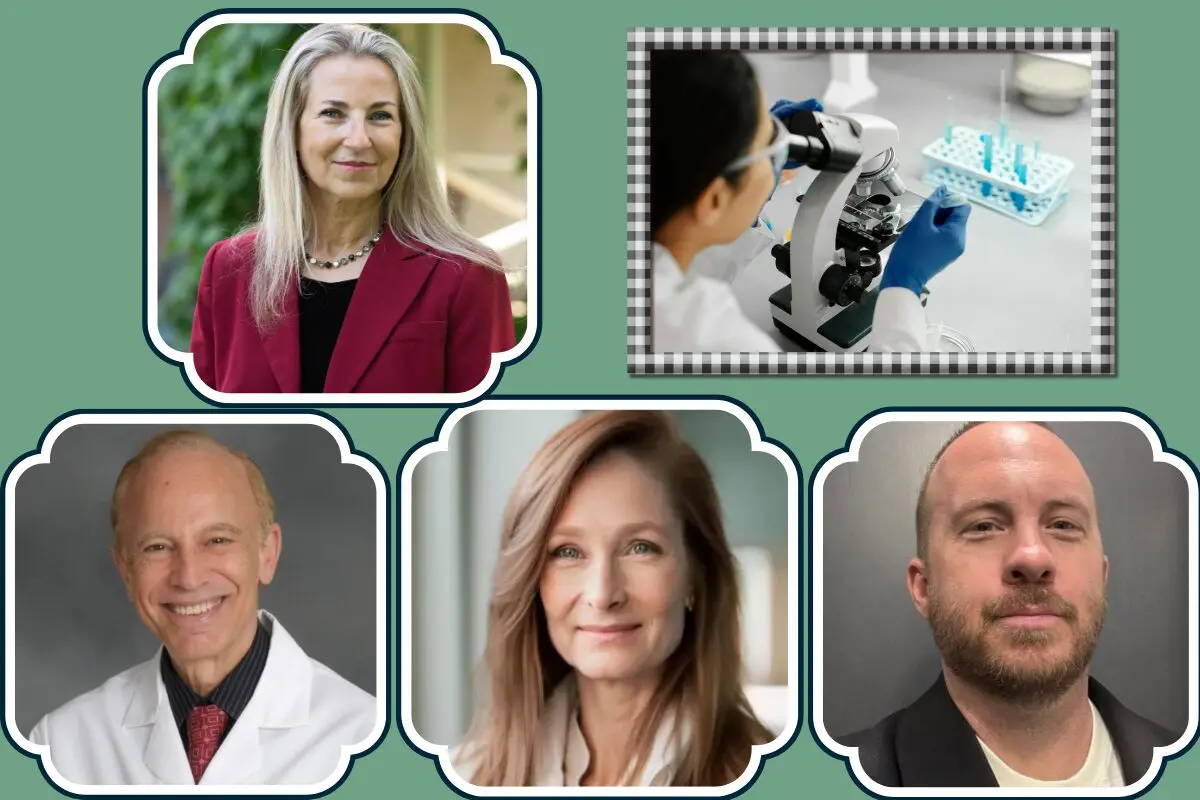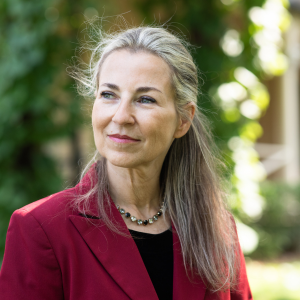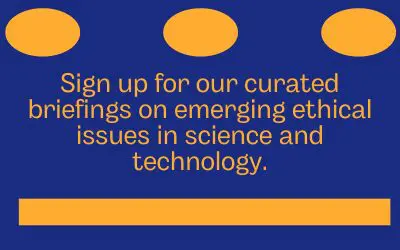Events
-
-

Healthcare Leadership Symposium, Fireside Chat
During the Healthcare Leadership Symposium, Hastings Center for Bioethics President and CEO Vardit Ravitsky will participate in a Fireside Chat with Dr. Wayne J. Riley, President of SUNY Downstate.
-
-

Rethinking Our Cultural Narratives about Aging and Caregiving: Insights from Humanities Research
Hastings Center senior research scholar Nancy Berlinger will present "Rethinking Our Cultural Narratives about Aging and Caregiving: Insights from Humanities Research" at Northwestern Medicine Medical Ethics Grand Rounds No registration required. Microsoft TeamsJoin the meeting nowMeeting ID: 283 856 955 454 44Passcode: Qa6rq62o
-

Testing Embryos: How Far Should We Go?
Join us for “Testing Embryos: How Far Should We Go?”, the first webinar in our new series, “Frontiers in the Ethics of Human Reproduction.” Embryo testing is advancing fast—but how far is too far? How and where do we draw the line between preventing disease and selecting for “desirable” traits? What are the ethical implications...
-

Whose Child Is She/He? The Genetic Gestation Divide
Hastings Center President and CEO Vardit Ravitsky will give a talk entitled "Whose Child Is She/He? The Genetic Gestation Divide," at the the Foundation for Reproductive Medicine Conference 2025. The FRM Conference is an annual 3 day CE & CME accredited event covering groundbreaking fertility & reproductive research. This event will take place at the...
-

ELSI Friday Forum: Deextinction and Deliberate Extinction
From the dire wolf to the screwworm, scientists are turning the tools of genetics to the elimination–and recreation–of entire nonhuman species. This webinar explores how and why genetic technologies might be used to eradicate some species and recreate others, with a focus on recent efforts and near future possibilities. The ethics of manipulating other species...
-
-

The Unfiltered Truth: Everything You’re Afraid to Ask About Vaccines
What if you could ask the world's leading doctors anything? Join global public health expert Dr. Ashish Jha, social epidemiologist Dr. Cheryl Clark, and Pediatrics Physician Dr. Ofer Levy for an evening of in-depth conversation around vaccine science and public trust. Moderated by Hastings Center Senior Researcher Insoo Hyun. This event is an open forum...
-
-

Institute for Health Law, Bioethics & Policy 2nd Annual Symposium: “Artificial Intelligence in Healthcare Law” Keynote
Hastings Center for Bioethics President & CEO Vardit Ravitsky will deliver insights on the ethical and policy perspectives of AI in healthcare. She will draw upon her world-renowned expertise in bioethics, healthcare, and the application of artificial intelligence.
-

How Should Human-AI Dissonance Be Addressed Ethically?
Hastings Center for Bioethics Senior Research Scholar Nancy Berlinger and Hackensack Meridian Health Director of AI Ethics and Quality and Lecturer in Bioethics at the School of Professional Studies at Columbia University Charles E. Binkley will discuss how human-AI dissonance should be addressed ethically at the Data Science Institute at Columbia University's event "When Clinical Judgment...
-

The Elephant from Heaven and the Chicken from Hell: Does De-extinction Make Sense?
Hastings Center Senior Research Scholar, director of the research department and editor of the Hastings Center Report Gregory Kaebnick give a keynote entitled “The Elephant from Heaven and the Chicken from Hell: Does De-extinction Make Sense?” about ethical issues surrounding the resurrection of previously extinct species for Darwin Day at Arkansas State University. This event...
-

AI and Aging Societies: The Ethics of Thinking about Problems and Solutions
Hastings Center Senior Research Scholar Nancy Berlinger will give a virtual presentation at the International Seminar, The Initiative for Responsible AI in Medicine, Tel Aviv University. Her talk will consider population aging and AI as concurrent social phenomena that influence narratives about problems and solutions. What are the ethical implications of framing AI as a...








